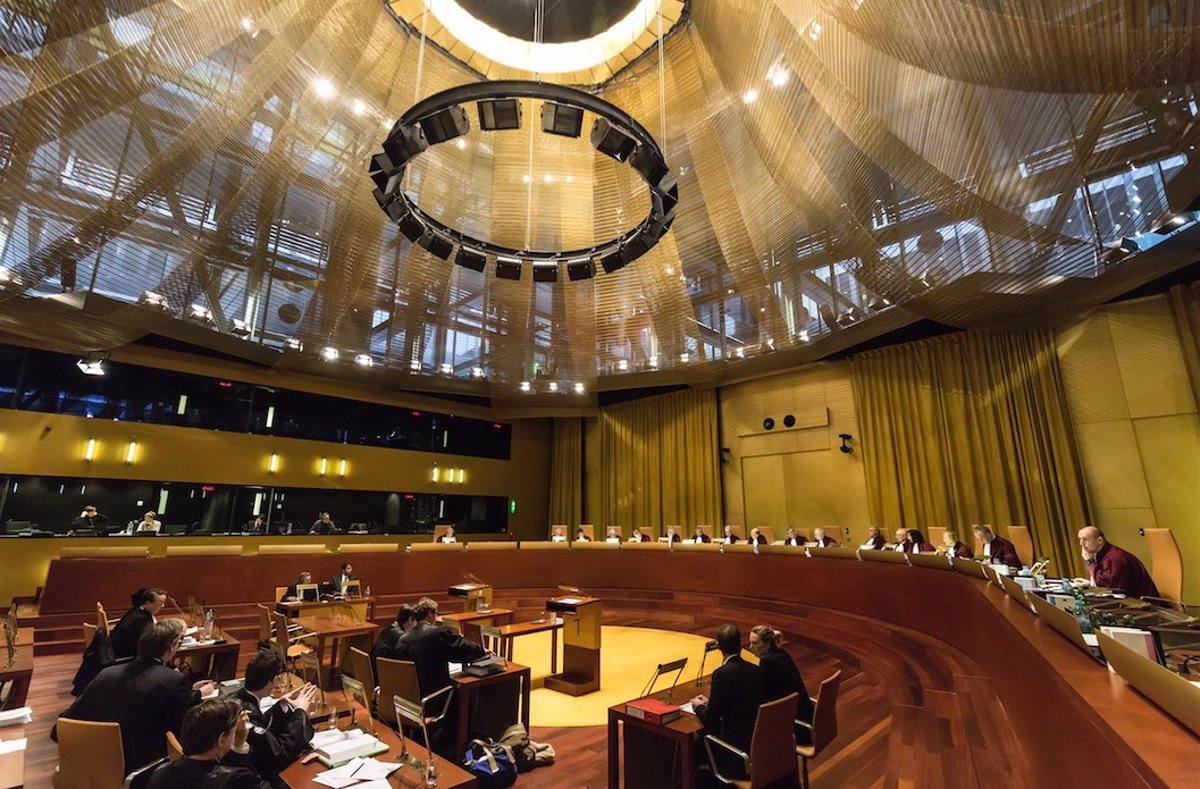BRUSSELS, 9 Mar. (EUROPA PRESS) –
The General Advocate of the Court of Justice of the European Union (CJEU) has concluded this Thursday that allowing clubs to count youngsters signed in other teams in the same national league as homegrown players to meet the quota of locally trained players required by the UEFA is not “coherent” and contravenes the regulations of the European Union.
The opinion responds to a preliminary question raised by the Belgian Justice and is not binding for the subsequent sentence that must be issued by the CJEU, although in the vast majority of cases, the European high court follows in its rulings the line marked by the conclusions previous.
Since the 2008/2009 season, UEFA requires football clubs to include a minimum of eight “locally trained” players in their squad of up to twenty-five. These homegrown players must have been trained by the club or by another from the same federation for at least three years between the ages of 15 and 21, although the body specifies that at least four must have been trained by the club that registers them.
In this context, the Belgian Football Federation transferred to its professional competition a regulation essentially similar to that of UEFA, but without the exception of requiring that four of the eight players trained locally have been trained by the club in question.
A Belgian professional footballer and the Royal Antwerp club (Antwerp) have denounced these rules, considering that they restrict the possibilities of signing players who do not meet the requirement of local or national roots and limit the options of being aligned and the Belgian Justice has addressed to the CJEU to clarify the scope of the rule.
In this context, Advocate General Maciej Szpunar argues that rules on locally trained players can create indirect discrimination against nationals of other Member States since the younger a player is, the more likely he is to reside in his place of origin and This puts the locals in an advantageous position over players from other EU countries.
In the opinion of the European lawyer, this discrimination could be “justified” and recalls the ‘Bosman case’ -which established that it is legitimate to encourage the recruitment and training of young players, given the social importance of football within the EU- -, but warns that in this case he doubts the coherence.
In this sense, he reasons that if, as is the case both with the rules of UEFA and the Belgian federation, a club from a major league can “buy” up to half of the players trained locally, then “the objective of the club train young players”.
For this reason, the European opinion explains, although it considers the requirement to include a predetermined number of locally trained players in the corresponding list justified, it does not understand the reason -from the training point of view- for expanding the definition of trained players locally to non-member players
particular club, but to the national league in question.
In this way, the General Advocate concludes that the denounced provisions “are not consistent”, therefore they are not adequate to achieve the objectives of training young players and “players from clubs other than the club in question should not appear” as homegrown players.
